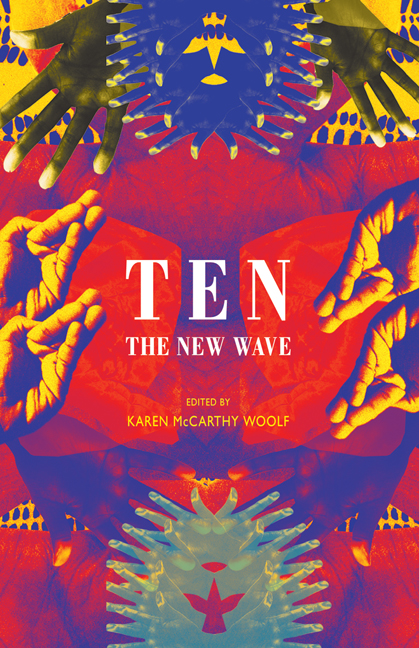End of the Year Round-Up: Michael Hulse
Michael Hulse is a poet, critic, academic and translator of more than sixty books from German. He has edited the Könemann Literature Classics series and co-edited the Bloodaxe anthology The New Poetry. He currently teaches short fiction and poetry at the University of Warwick, where he also edits The Warwick Review. His latest publications are The Secret History (poems, Arc) and The Notebooks of Malte Laurids Brigge (translation of Rilke’s novel, Penguin Classics)
Has 2010 brought to your attention any outstanding literary magazines (be they online or in print), if so, which?
I’m not sure I want to single out particular literary magazines, but I always read Agni or The Harvard Review with great pleasure, and, for sustained seriousness of attention to the values a culture claims to live by, nothing beats the London Review of Books.
What event sticks out in your mind as the literary event of 2010 (it can be a personal accomplishment)?
For me, the literary event of 2010 was the award of the Nobel Prize to Mario Vargas Llosa, an award that was long overdue and deeply deserved. Vargas Llosa ended his acceptance speech by asserting that dreaming, reading and writing are the most effective way we’ve found to defeat the corrosion of time. He knows that’s untrue – nothing defeats the corrosion of time – but it’s characteristic of his irony that he allows the half-truth to stand despite the knowledge. The self-deceptions we live by are crucial to our existences, after all.
What was your favourite literary discovery of the year (it can be a single poem, a novel, a pamphlet, a press, …)?
The recent literary discoveries that have meant most to me are Portuguese novelist José Luίs Peixoto and Chinese novelist Yu Hua. Peixoto has a Faulkneresque way with carried-over, carried-on syntax that is intoxicating, and his rootedness in the bare facts of life is compelling. So is Yu Hua’s, in his epic novel Brothers, which traces the Chinese experience from the horrors of the Cultural Revolution to the boom era summed up in the one name Shanghai – the novel is bawdy, brawling and Rabelaisian one moment, the next it slow-motions through heart-rending violence in a manner that outdoes the Capote of In Cold Blood. I particularly want to say that I owe my “discovery” of Peixoto to my student Phil Jourdan, who’s himself rapidly becoming a writer whose worth will be of interest to more than his tutors and peers.



Pingback: Jose Luis Peixoto, Michael Hulse and me « C# Redundant